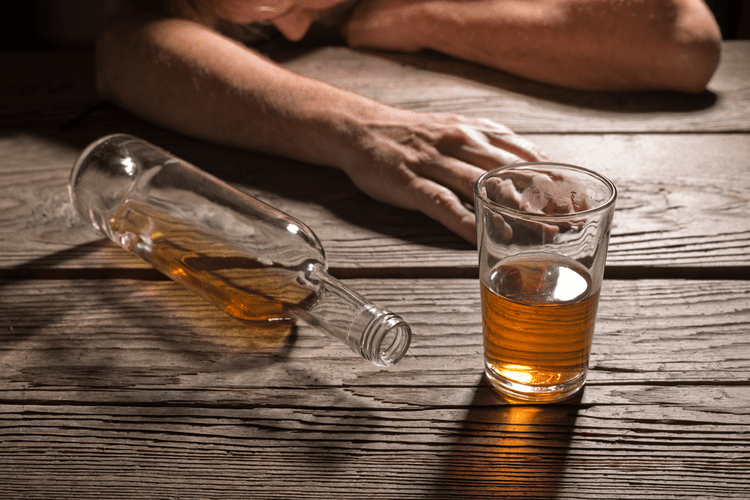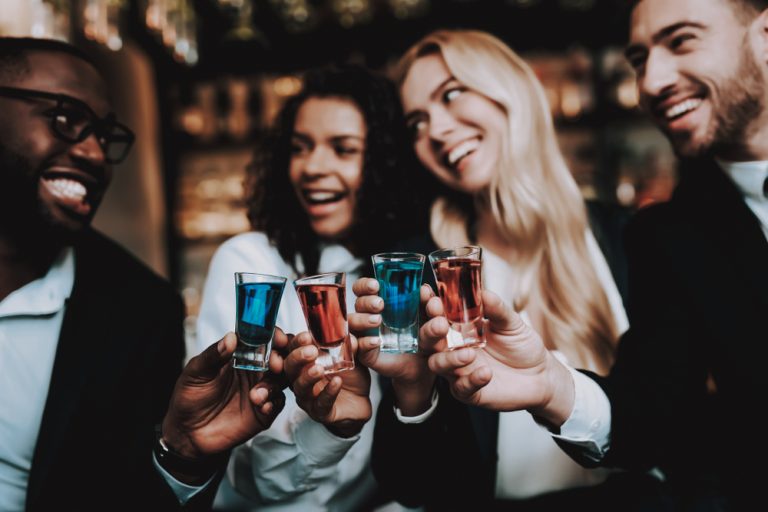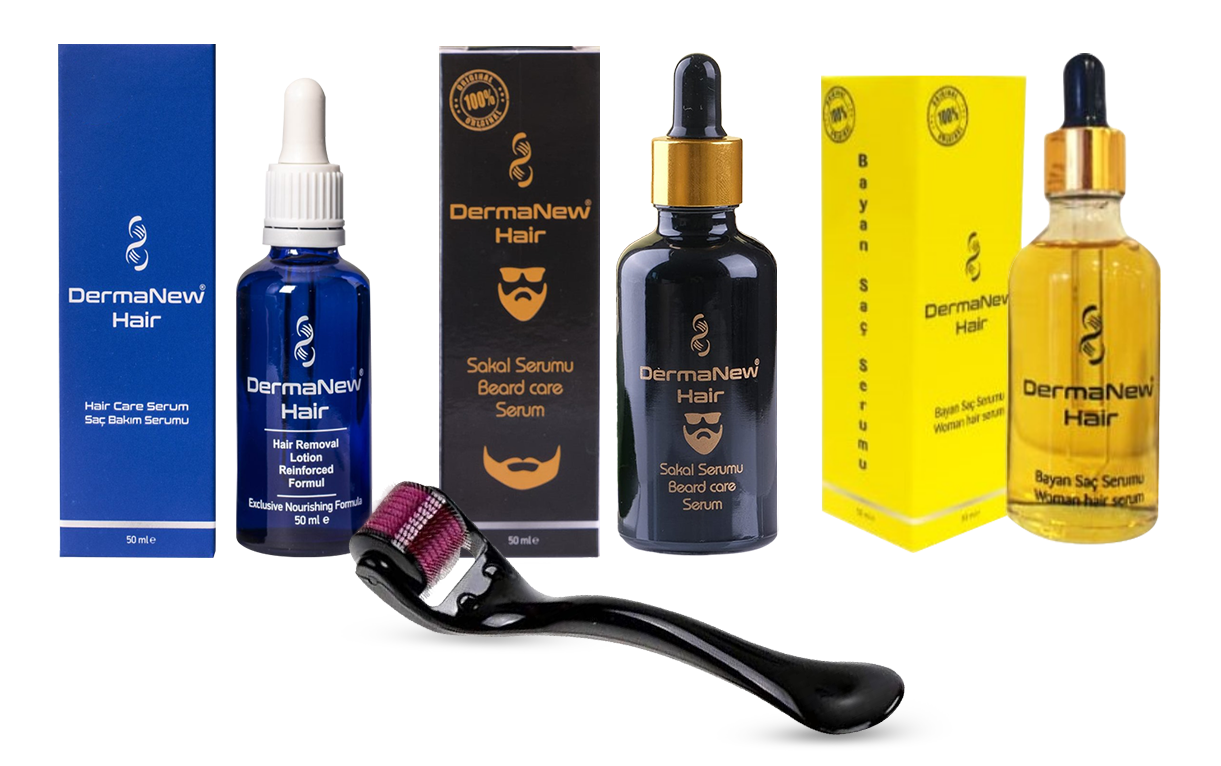Can Alcohol Cause Anxiety for Days? CCA North Texas
Anxiety and stress are both emotional responses, but they differ significantly in their origins and impacts on our lives. Stress is typically a response to an external trigger, such as a tight deadline or a challenging situation, and tends to be more immediate and situation-specific. However, it is important does alcohol cause anxiety to use this medication under strict medical supervision. Alcohol’s impact on anxiety can differ based on the duration and frequency of consumption. When you consume alcohol, it disrupts the delicate balance of chemicals in your brain.

Understanding the Link Between Alcohol and Panic Attacks
- While it might be tempting to turn to alcohol to manage feelings of anxiety, it can be a slippery slope that worsens anxiety problems and increases your risk of developing an alcohol use disorder.
- Keep in mind that using alcohol to treat anxiety symptoms might start a harmful cycle.
- Without getting to the root causes of drinking, you’re at high risk of relapse.
While alcohol might provide an initial sense of relaxation or euphoria, it can ultimately intensify feelings of anxiety and create a cycle of dependency. This article explores why alcohol makes anxiety worse, the science behind this, and how you can take control of your mental health. Overall, alcohol consumption contributes to anxiety symptoms during and after drinking. While alcohol provides short-term relief from stress and anxiety, it can disrupt the brain’s neurotransmitter balance, causing withdrawal and physical symptoms like anxiety. Studies have shown a different trend of alcohol use in people who are diagnosed with generalized anxiety disorder or panic disorder. For many people with these mental health conditions, unhealthy drinking behaviors begin around the same time as the disorder’s symptoms.

Terms
Some people drink alcohol to unwind after a stressful day or to make themselves feel more comfortable at social events. This often leads to heavier consumption, which can make hangover symptoms more severe. It can also begin a cycle of drinking to feel better, making hangxiety even harder to escape. Studies have shown that people with alcohol dependence have a 2.6 times higher risk for developing anxiety disorders than those who do not have alcohol dependence. However, the long-term effects of alcohol can cause anxiety or make the symptoms of an anxiety disorder worse.
- Some experts believe this might be because alcohol affects the part of the brain that deals with negative emotion regulation.
- Waking up after a night of heavy drinking can sometimes come with a fuzzy memory or uncertainty about what exactly happened when you were under the influence.
- Genuine anxiety treatments work with your mind and body to systematically lower anxiety as well as help you cope with it.
- People can speak with a healthcare professional for help managing anxiety or mood disorder symptoms.
- In many cases, self-medicating leads to other problems, including worsening symptoms and substance use problems.
Tips to Cut Down on How Much You Drink
It is important to remember that this reaction is normal, and your alcohol-induced anxiety is probably making the situation appear worse than it indeed was. An occasional glass of wine or beer might be fine, but it depends on how your brain and body respond to it. You can’t heal or manage an anxiety disorder and continue drinking any more than you can lose weight and eat McDonald’s every day. It also disrupts your body’s ability to manage stress, lowering overall stress tolerance.

Are you struggling with anxiety and alcohol abuse?
It does this by suppressing neuron signaling related to feelings like fear and stress. This can temporarily reduce anxiety because it may make you feel calmer and more relaxed. Dual diagnosis treatment addresses both alcohol use disorder and anxiety simultaneously. This integrated approach ensures comprehensive care for co-occurring conditions. Addressing alcohol anxiety involves professional treatment, self-help strategies, and potential medication use. These approaches aim to manage both alcohol use and anxiety symptoms effectively.
Alcohol and Anxiety: Does Drinking Worsen Your Symptoms?
Nausea or stomach discomfort can arise, sometimes leading to digestive Drug rehabilitation issues. Muscle tension, especially in the neck and shoulders, is also prevalent. Alcohol-related anxiety often presents with distinct bodily sensations.
Why Do I Get Super Anxious the Day After Drinking?
If they come to a point where they need to stop drinking, they will have lost one of their most powerful coping resources and may struggle to find replacement coping strategies. Some evidence suggests that as an evening wears on—often after you have gone to sleep—alcohol boosts glutamate receptors. This is why you may find yourself wide awake in the middle of the night if you have had a lot to drink the night before. Alcohol’s boost in glutamate may contribute to anxiety well into the following day. If you are experiencing regular panic attacks, you need to ask for support.
It is important to note that alcohol can have a significant impact on our mental health, especially when it comes to anxiety. While some may feel temporary relief from their anxiety symptoms while drinking, the long-term effects of alcohol on the brain can actually exacerbate anxiety in the long run. As alcohol abuse continues, our brain’s natural ability to regulate emotions and stressors becomes compromised, leading to increased feelings of anxiety.
If you https://luoiantoanhoaphatso1.vn/how-long-does-fentanyl-stay-in-your-system-half/ experience hangxiety regularly or if your anxiety feels overwhelming, it might be a sign that your body isn’t handling alcohol well. This doesn’t mean you have an alcohol problem, but it could be worth thinking about how much you’re drinking and whether it’s affecting your mental health. Some people are more sensitive to alcohol and its effects on the brain. If you already struggle with anxiety in daily life, you’re more likely to experience it after drinking.
It can also exacerbate existing anxiety and make it much more difficult to manage. Excessive drinking can cause anxiety, both in the short and long-term. At CalmClinic, we believe that information is only as helpful as its accuracy. That is why all of the content that we publish is always reviewed and analyzed by professionals in the psychology and healthcare fields. Addiction is a complex issue, but many people become addicted as a result of their stresses in life.

